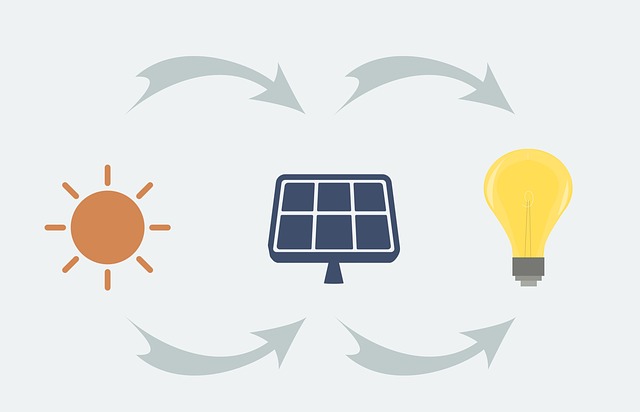
It’s no secret that solar panels produce clean energy. They don’t produce carbon dioxide or other greenhouse gases. Consisting of cells made of a photovoltaic (PV) material, solar panels are able to convert sunlight into usable electricity. Before investing in them for your home or business, however, you might be wondering whether solar panels are recyclable.
Most Solar Panels Last for About 30 Years
The average lifespan of a solar panel is 25 to 30 years. Over time, they will become less efficient at converting sunlight into electricity. Temperature changes, weather and generate degradation can all have a negative impact on their efficiency. After about 30 years, solar panels may require replacing.
Yes, Solar Panels Are Recyclable
You don’t have to dispose of old solar panels at a nearby landfill. While there are different types of solar panels, most of them are recyclable.
Crystalline-based solar panels are easy to recycle. Accounting for over 90% of all solar panels produced and sold, they leverage silicon crystals as their PV material. Monocrystalline and polycrystalline solar panels fall under this category. If you use either of these solar panels in your installation, you can rest assured knowing that they are recyclable.
According to the U.S. Environmental Protection Agency (EPA), glass accounts for 75% of the total weight of a typical crystalline-based solar panel. Crystalline-based solar panels feature silicon wafers. Over these silicon wafers is a layer of tempered glass. Also known as safety glass, it helps to protect the underlying silicon wafers from damage. When recycled, the glass can be separated from the rest of the housing and then melted and reformed.
Other materials in solar panels can be recycled as well. While there are different ways to recycle solar panels, many recycling companies crush them. They will crush the solar panels, after which they will separate all of the materials. In addition to glass, solar panels may contain plastic, steel and aluminum. These materials are separated during the recycling process.
Some solar panels may contain hazardous materials, including lead and cadmium. Hazardous materials such as these require special care and disposal procedures to prevent environmental contamination. These hazardous materials are carefully removed and disposed of according to local regulations.
In Conclusion
Solar panels are, in fact, recyclable. The recycling process may vary depending on the type and condition of the solar panels. Nonetheless, improvements have been made in solar recycling technologies to increase the type and percentage of materials that can be recovered.

